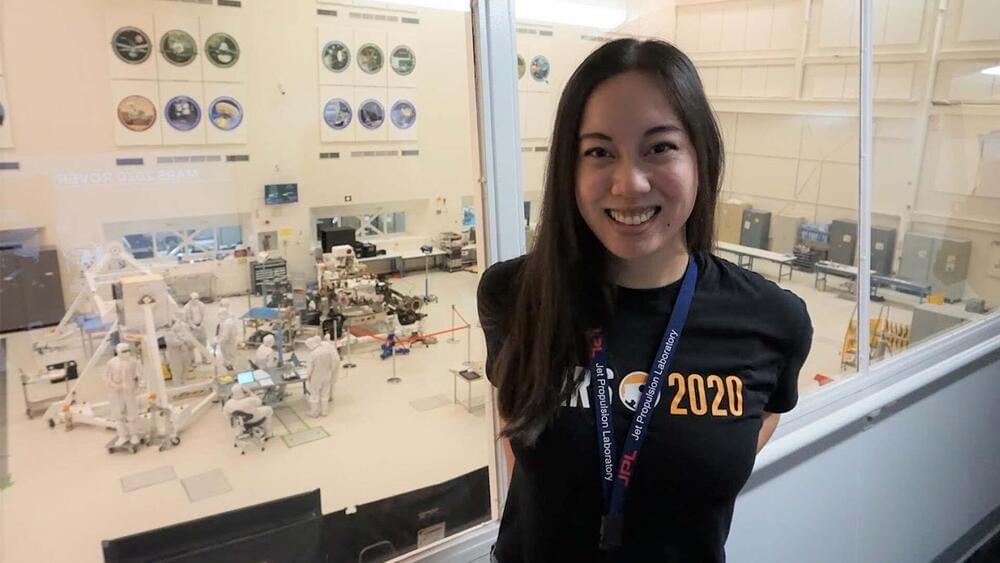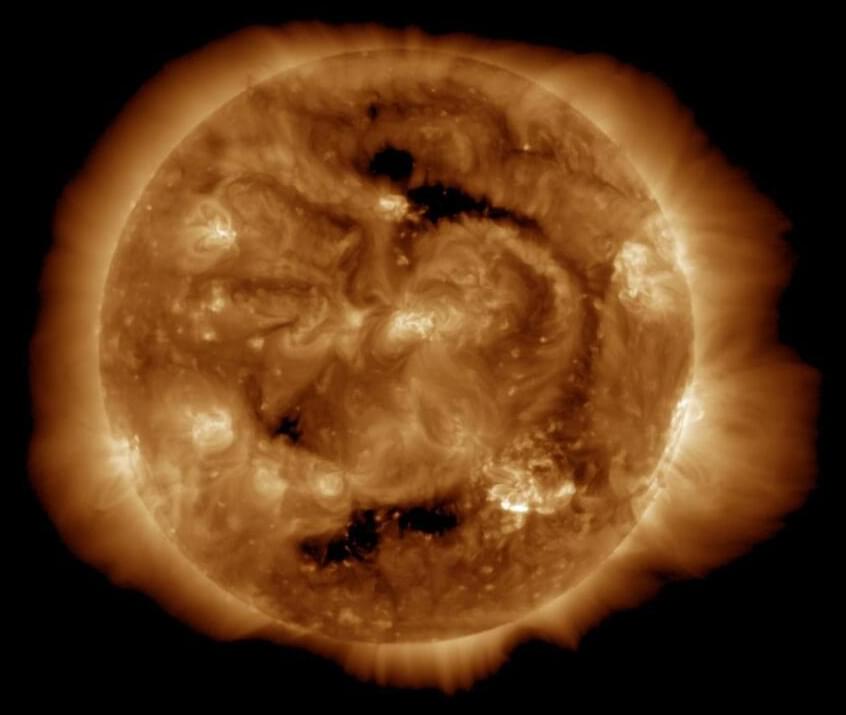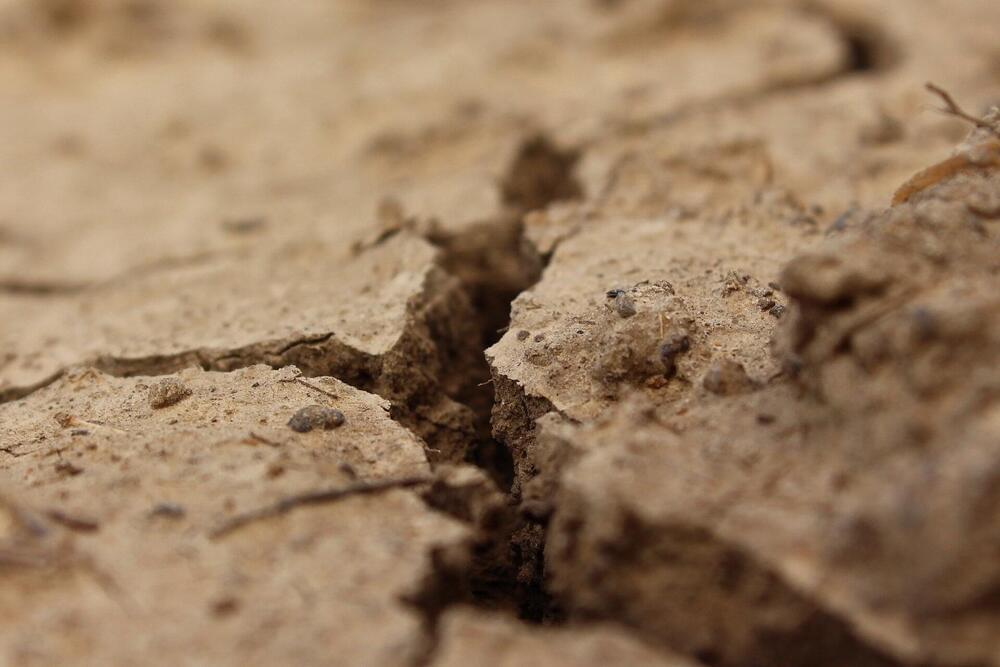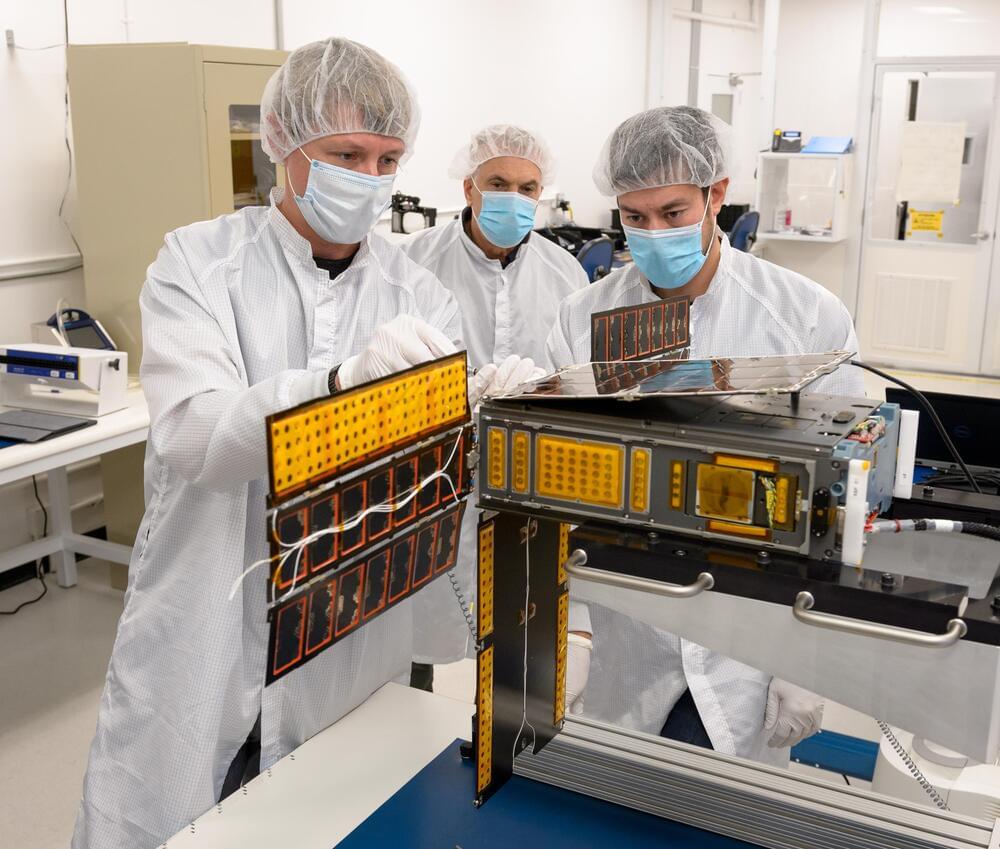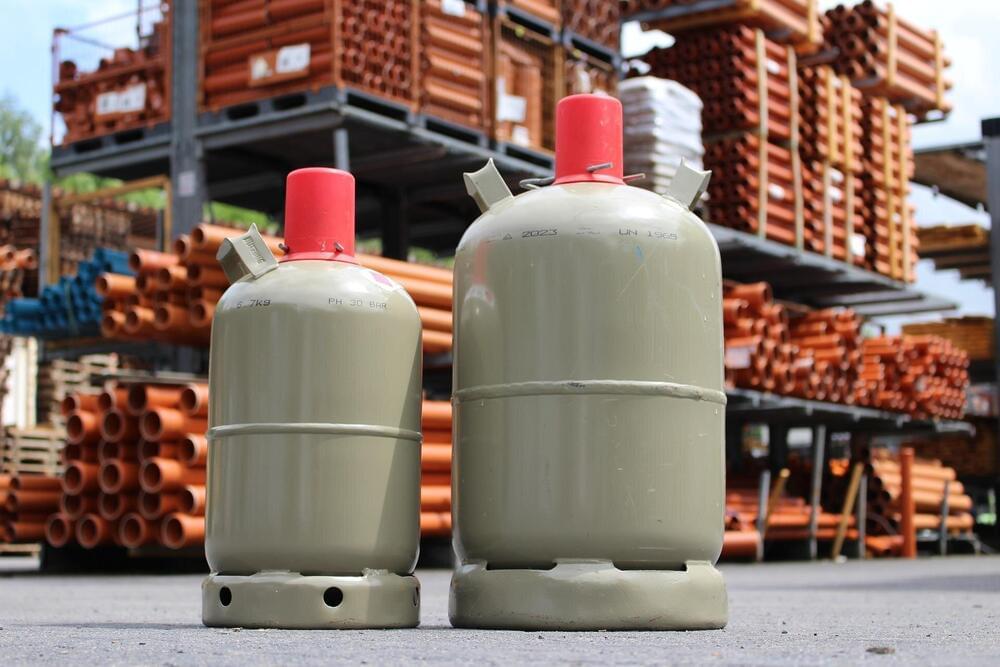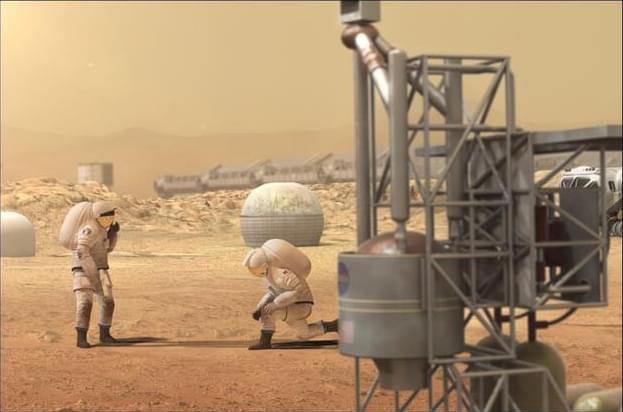Archive for the ‘space’ category: Page 353
Aug 18, 2022
Schrödinger Was Wrong: New Research Overturns 100-Year-Old Understanding of Color Perception
Posted by Quinn Sena in categories: computing, mathematics, space
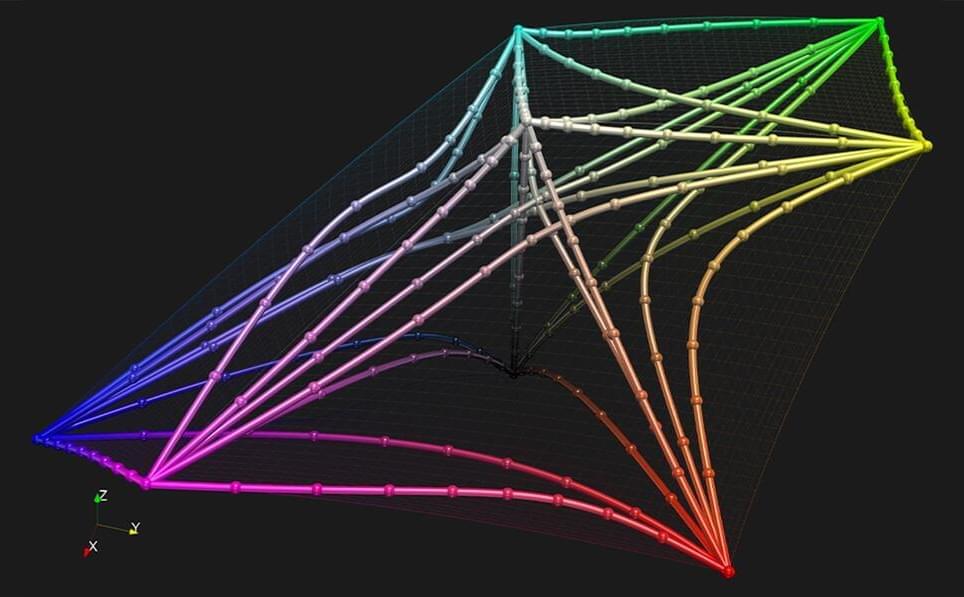
A paradigm shift away from the 3D mathematical description developed by Schrödinger and others to describe how we see color could result in more vibrant computer displays, TVs, textiles, printed materials, and more.
New research corrects a significant error in the 3D mathematical space developed by the Nobel Prize-winning physicist Erwin Schrödinger and others to describe how your eye distinguishes one color from another. This incorrect model has been used by scientists and industry for more than 100 years. The study has the potential to boost scientific data visualizations, improve televisions, and recalibrate the textile and paint industries.
Aug 17, 2022
A strong geomagnetic storm is heading toward Earth, space forecasters say
Posted by Quinn Sena in category: space
NOAA’s Space Weather Prediction Center has issued a geomagnetic storm watch triggered by “coronal mass ejections” that may briefly disrupt satellite communications — and create a stunning aurora display — this week.
Aug 17, 2022
Wireless tech measures soil moisture at multiple depths in real time
Posted by Shubham Ghosh Roy in categories: energy, food, space
Researchers from North Carolina State University have developed a wireless system that uses radio transmitters and receivers to estimate soil moisture in agricultural fields at multiple depths in real time, improving on existing technologies that can be used to inform irrigation practices that both improve crop yield and reduce water consumption.
“Estimating soil moisture is important because it can be used by growers to irrigate their fields more efficiently—only irrigating fields when and where the water is needed,” says Usman Mahmood Khan, first author of a paper on the work and a Ph.D. student at NC State. “This both conserves water resources and supports things like smart agriculture technologies, such as automated irrigation systems. What’s more, conserving water resources can also help reduce carbon emissions, because less energy is used to pump water through the irrigation system.”
The new technology, called Contactless Moisture Estimation (CoMEt), does not require any in-ground sensors. Instead, CoMEt assesses soil moisture using something called “phase,” which is a characteristic of radio waves that is affected by both the wavelength of the radio waves and the distance between the radio wave’s transmitter and the wave’s receiver.
Aug 17, 2022
NASA’s Big Rocket Reaches Launchpad. Next Stop: The Moon
Posted by Tristan Hambling in category: space
The Space Launch System and Orion capsule will launch on Aug. 29 to formally start the Artemis moon exploration program.
Aug 17, 2022
Artemis I to Launch First-of-a-Kind Deep Space Biology Mission
Posted by Gemechu Taye in categories: biological, particle physics, space
Its Biosentinel mission will launch aboard Artemis I.
NASA’s sending living cells to deep space for the first time. The BioSentinel mission will be the first long-duration biology experiment in deep space, a NASA post.
BioSentinel will monitor the growth and activity of yeast cells as they get bombarded by high-energy radiation particles in deep space and beam the data back to NASA researchers on Earth to help safeguard astronaut heath.
Continue reading “Artemis I to Launch First-of-a-Kind Deep Space Biology Mission” »
Aug 17, 2022
Is propane a solution for more sustainable air conditioning?
Posted by Wise Technology in categories: climatology, space, sustainability
Current severe heatwaves that will likely increase in severity and frequency in the future are driving a rise in the use of air conditioners, threatening the environment with their high energy consumption and refrigerants with high warming potential. A new study finds that switching to propane as a refrigerant could lessen the global temperature increase from space cooling.
We spend enormous amounts of energy on fighting off the heat in the summer, or throughout the whole year at lower latitudes—about one-tenth of the total worldwide electricity supply. If current temperature trends continue, the energy demands of space-coolers will more than triple by 2050. Apart from the rise in energy consumption, space-coolers also threaten the environment in different ways: by using halogenated refrigerants with high global warming potential.
Split-air conditioners (Split ACs) that use an indoor and an outdoor air unit connected by pipes are the most common appliances used for space-cooling. They mostly utilize HCFC-22 and HFC-410 as refrigerants, both of them characterized by a very high global warming potential score, up to 2,256—meaning that they trap up to 2,256 times more heat than carbon dioxide over 100 years. Urged by the Kigali Amendment to the Montreal Protocol, many manufacturers are looking for alternative refrigerants with lower global warming potential scores, such as HFC-32. However, with a global warming potential score of 771, HFC-32 still poses a significant climate hazard.
Aug 17, 2022
Watch NASA’s massive new rocket crawl toward its first launch
Posted by Tristan Hambling in category: space
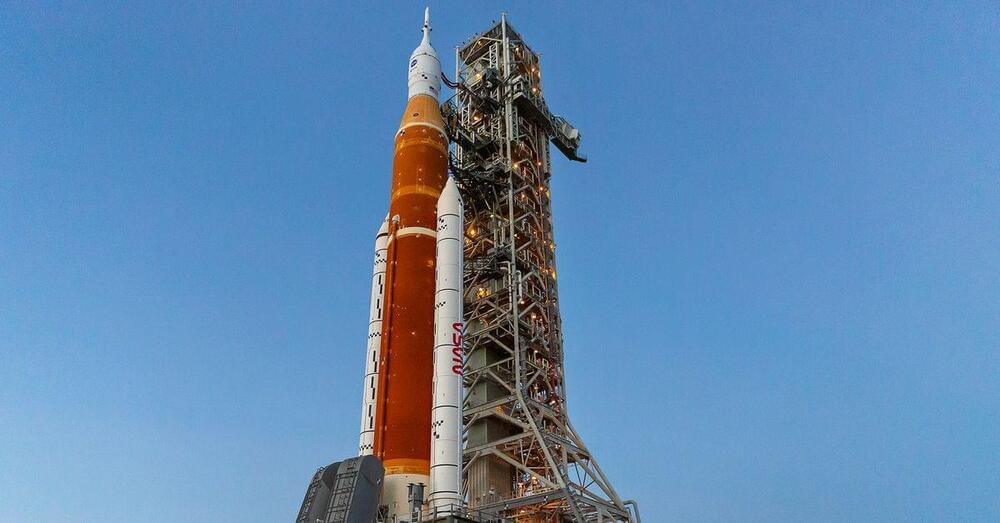
https://youtube.com/watch?v=DEPUvjlrOeQ
The Space Launch System will start rolling out to its launchpad a few days ahead of schedule. It is headed to space for the first time as early as August 29th.
